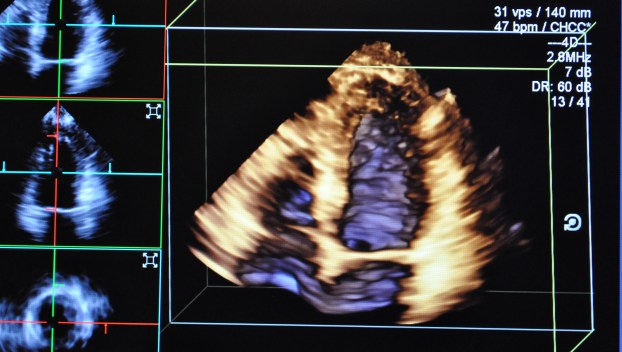
Local News
St. Mary’s achieves accreditation for echocardiology procedures
ATHENS, Ga. — St. Mary’s Cardiac and Vascular Services Laboratory has achieved accreditation from the Intersocietal Accreditation Commission (IAC) ... Read more

ATHENS, Ga. — St. Mary’s Cardiac and Vascular Services Laboratory has achieved accreditation from the Intersocietal Accreditation Commission (IAC) ... Read more